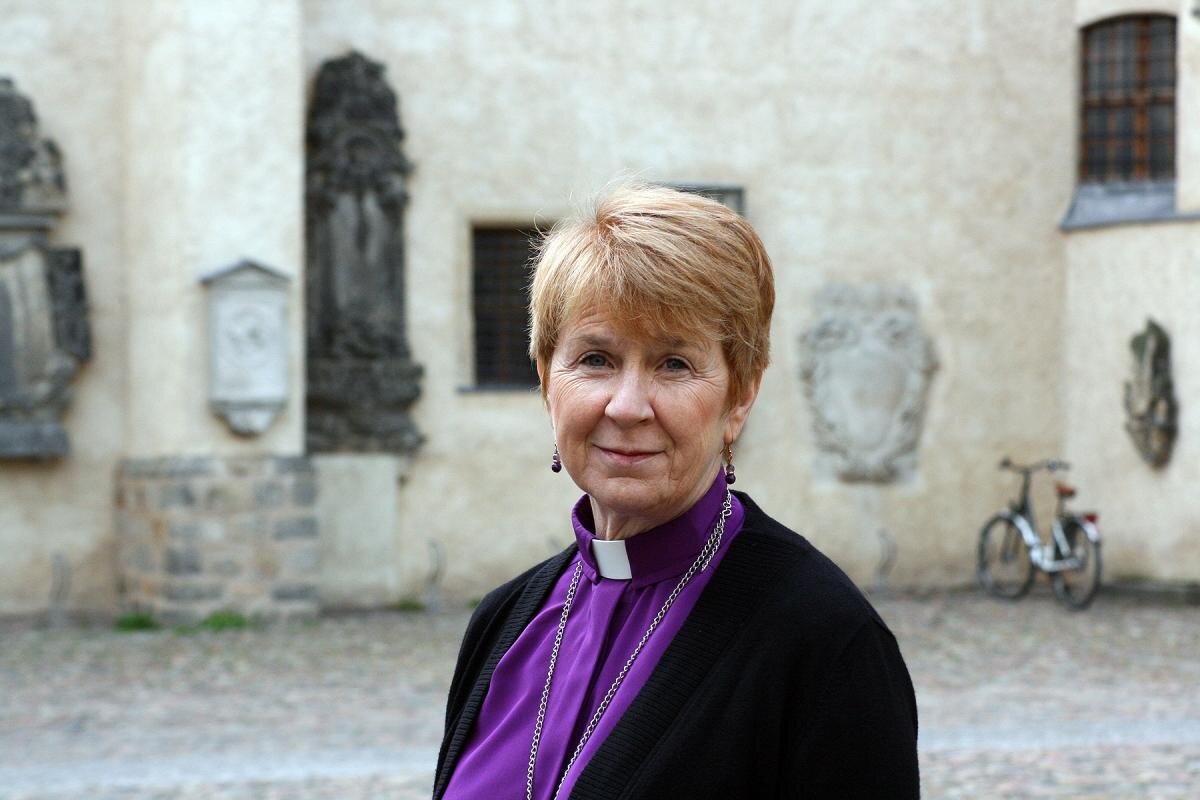Bishop Hutterer: A synod of many cultures
“…with all humility and gentleness, with patience, bearing with one another in love, making every effort to maintain the unity of the Spirit in the bond of peace: there is one body and one Spirit, just as you were called to the one hope of your calling, one Lord, one faith, one baptism…”
Photo by Logan Mayer on Unsplash
Our synod is blessed with a rich tapestry of people, land, and history. How do we move forward as church together, honoring and including so many cultures?
This is what we set out to explore at our latest retreat of the synod council, conference deans, and Office of the Bishop staff.
Our intent was to learn about Indigenous culture in our synod and nation, and hear updates from ministries in our synod. We also set out to learn what our cultural viewpoints are as individuals and as a group, and how we can use that knowledge as we continue to create possibilities in our synod. We gathered for three days at Paradise Valley’s Ascension Lutheran Church in late September for updates, workshops, and worship.
We received updates on various synod ministries from TEEM candidate Wanda Frenchman, and Pastor Mary Louise Frenchman, who is a synod council member and with Native American Urban Ministry. The Wisdom Keepers at House of Prayer in Rock Point — Patterson Yazzie and Patty Charley — shared their stories and gave us insight on life and worship on the Navajo Nation.
Vance Blackfox, the ELCA’s Director of Indigenous Ministries and Tribal Relations, helping us unpack the ELCA’s Repudiation of the Doctrine of Discovery, opened our eyes to the past atrocities and ongoing injustices against Native peoples, and shared resources for more learning.
We also invited Pastor Beth Rambikur to share results of our group’s Intercultural Development Inventory (IDI). The IDI helps individuals and teams assess and reflect on stages of cultural competence. Before the retreat, Pastor Rambikur spent an hour with each attendee, going over the results of their personal inventory. At the retreat, she presented our group inventory, and shared ways to move forward with awareness as we did the work as church together.
The time and work we spent in this retreat is just one response to a resolution we passed at synod assembly to honor diversity, and agreed to take specific actions to increase our knowledge and understanding. This is also part of our synod’s strategic plan.
This work is ongoing. At our council and dean’s retreat three years ago, we gathered in Tucson and focused on border ministries. We visited shelters in Nogales, and got new and vivid perceptions of immigration and life in Mexico. It is one thing to watch news of our southern border, and quite another to go there and find people just like us, out getting their groceries, coming to and from school, planting gardens, and painting their houses.
I believe it helps to remember that culture is not just skin color. It’s a complicated matrix of our ages, urban and rural settings, how we view time, extroverts and introverts, and how we view physical space. Even our Lutheran traditions and practices are culturally informed
It was eye opening to see that within our own group, a message could be received in different ways depending on cultural background. This is a challenge we must be aware of.
This also means our message of Good News can be spread in so many ways. In the Grand Canyon Synod, we get to communicate Jesus in many ways and languages to so many people just by using our unique and God-given voices.
I believe God is using the amazing array of leaders and people in this synod to create new ways of being people of God. My hope is that you join me in seeing the riches of inclusion and the treasures of diversity, and praise God for these gifts.
Grateful to be creating possibilities with you,
The Rev. Deborah K. Hutterer
Bishop
Grand Canyon Synod of the ELCA



